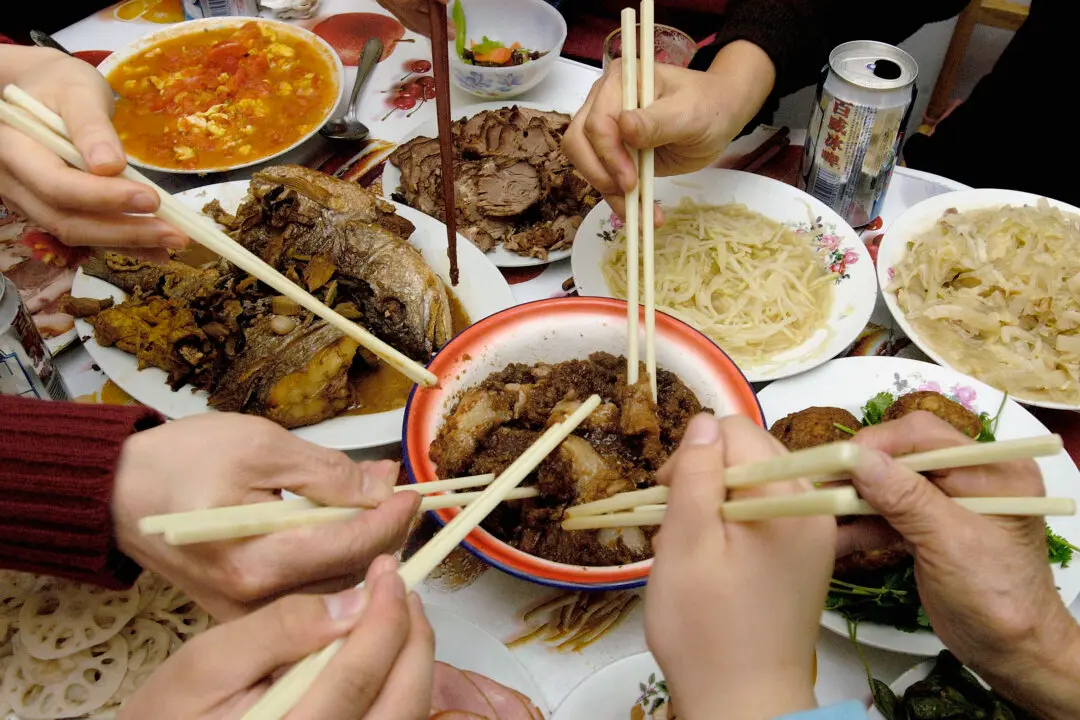Prime Minister Rishi Sunak has backtracked on his campaign promise to ban all Confucius Institutes in the UK, Downing Street has confirmed.
The prime minister’s office said the government is “taking action to remove any government funding” from the Chinese state-sponsored institutes but decided it would be “disproportionate” to ban them.





